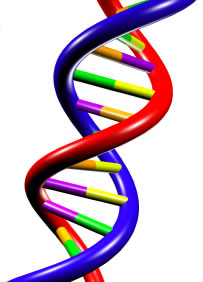With any luck, this will help take pictures like these:
Couple of threads from reddit where I got these photos:
Windmills
Annular Eclipse
The speed of fiber deployment
Thirty years ago, networks developed for communication between people were adapted to communication between machines. We went from transmitting data over a voice network to transmitting voice over a data network in just a few short years. Billions of dollars were sunk into cables spanning six continents and three oceans, and a web of optical fiber engulfed the world. When the operation peaked in 1991, fiber was being rolled out, globally, at over 5,000 miles per hour, or nine times the speed of sound: Mach 9. (emphasis added).
Global computing efficiency
Among the computers populating this network, most processing cycles are going to waste. Most processors, most of the time, are waiting for instructions. Even within an active processor, as Bigelow explained, most computational elements are waiting around for something to do next. The global computer, for all its powers, is perhaps the least efficient machine that humans have ever built. (emphasis added)
Biological evolution was merely a finite preface to the main story of evolution, the unbounded evolution of memes.As, like the first quote, this one got me thinking. First, a definition of meme: a meme is a item of culture that is passed from person to person, group to group, society to society, generation to generation. Memes can be jokes, ideas, conventions, cultural behavior, etc. The term was first used by Richard Dawkins in the 1976 book The Selfish Gene, though the concept predates that.
 The concept is that memes encode ideas and knowledge (something David Deutsch stresses throughout the chapter "The Evolution of Culture"), and like their DNA counterparts, memes can change, ie evolve. And they evolve much faster than genes. Some memes such as social norms may evolve on the scale of a normal lifetime, other memes (especially internet memes) may evolve of the course of days, if not hours.
The concept is that memes encode ideas and knowledge (something David Deutsch stresses throughout the chapter "The Evolution of Culture"), and like their DNA counterparts, memes can change, ie evolve. And they evolve much faster than genes. Some memes such as social norms may evolve on the scale of a normal lifetime, other memes (especially internet memes) may evolve of the course of days, if not hours.